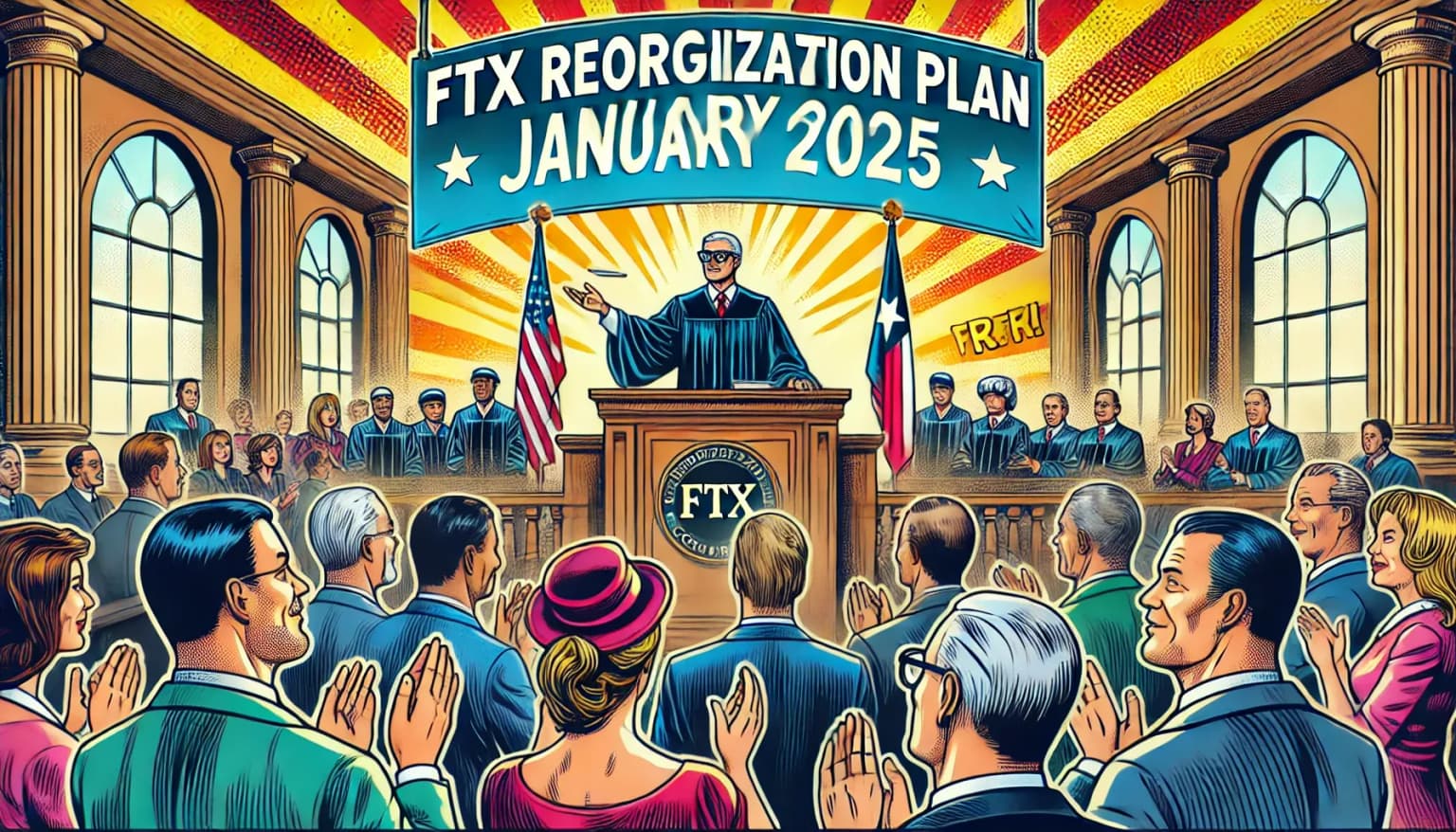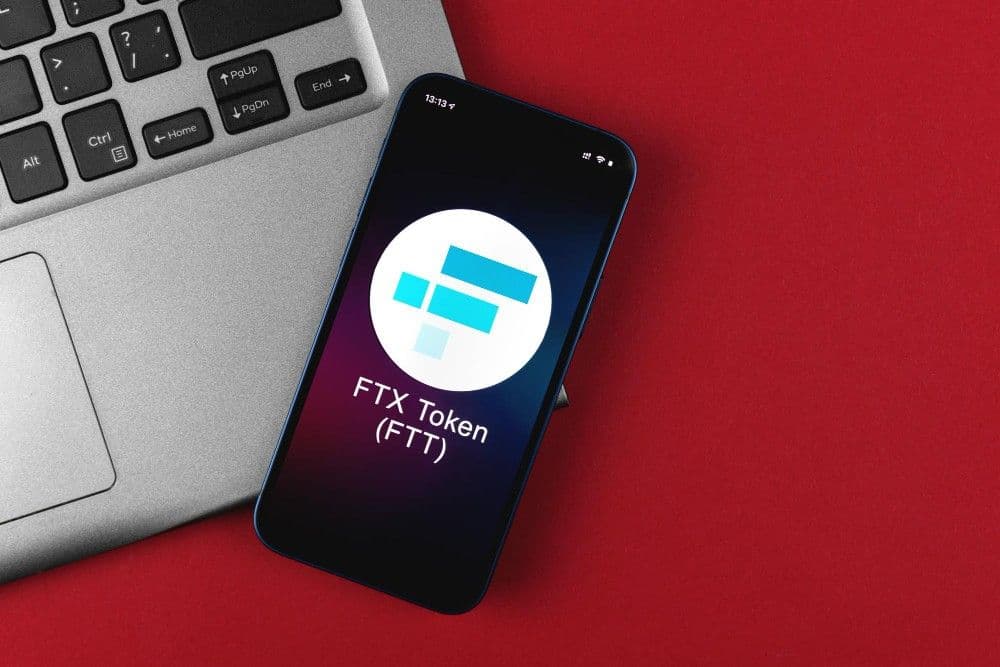New FTX Court Move: Will Your Crypto Refund Be Blocked?
With 49 countries on the chopping block—including China and Russia, millions in payouts hang in the balance.

The FTX Recovery Trust has taken another step forward in its complex, multi-jurisdictional effort to return billions of dollars to creditors worldwide. In a recent motion filed on Wednesday, the Trust asked the court for permission to implement new legal procedures to handle claims from creditors located in what it calls “restricted jurisdictions.”
Why Has the Trust Identified Restricted Jurisdictions?
According to the filing, the Trust has pinpointed 49 countries—including China, Russia, Ukraine, Pakistan, and Saudi Arabia—where local laws or geopolitical complexities could make it legally challenging to distribute funds to creditors. While these regions account for only about 5% of the total estimated $16 billion in claims, the majority of that slice—82%—is tied to claimants in China alone.
The challenge is rooted in sanctions regimes, capital controls, and regulatory hurdles that vary from country to country. For FTX, which collapsed spectacularly in late 2022, recovering and fairly distributing billions is already a monumental task without the added burden of navigating conflicting foreign laws.
What Are the Proposed “Restricted Jurisdiction Procedures”?
The new filing outlines a multi-step plan for how the Trust intends to address this legal tangle. First, it wants to hire local attorneys in each of these jurisdictions to examine whether distributions to creditors can be done lawfully and in compliance with both local and U.S. law.
If local legal counsel determines that compliance is possible, the Trust says it will move ahead with distributions using licensed service providers. However, if compliance cannot be ensured, the Trust plans to notify affected creditors and seek a court order to formally designate that country as a restricted jurisdiction.
What Happens If Compliance Is Not Possible?
Under the proposed procedures, if a jurisdiction is officially designated as restricted, creditors in that country will have 45 days to object to the ruling. If no objection is filed, or if objections are overruled by the court, creditors’ claims in those regions will be marked as “Disputed Claims.” In practical terms, that means any funds earmarked for those claimants will be forfeited and revert back to the FTX Recovery Trust for redistribution among eligible creditors elsewhere.
In its filing, the Trust stressed that no payments would be made if doing so would violate local laws: “Distributions that cannot be made due to the illegality of doing so under the laws of a Restricted Foreign Jurisdiction will not be made and any interest in such Distribution shall revest in the FTX Recovery Trust.”
Is There Hope for Creditors in Restricted Regions?
The FTX Recovery Trust made clear that these restrictions are not necessarily permanent. It said it is actively trying to reduce the number of countries on the restricted list by working with legal experts to clarify local regulations. If circumstances change—such as a relaxation of capital controls or improved legal clarity—jurisdictions could be removed from the list, and creditors there might see distributions resumed in the future.
However, not all creditors are optimistic. Some have taken to social media to protest the move. One creditor, @zhetengji on X, who claims to be based in China, posted: “I will definitely take action and will raise objections at every stage... This is absolutely unreasonable.” This sentiment highlights the frustration among creditors who feel shut out of recovery efforts due to geopolitics rather than any fault of their own.
A Court Decision Looms: What’s Next?
The court is scheduled to review this motion on July 22. If the plan is approved, the Trust will immediately engage local legal counsel, notify creditors, and manage any objections as it pushes ahead with its plan to return as much money as possible to rightful owners.
This comes as the Trust continues to expand its distribution network. Just last month, Payoneer was brought on as a third-party distributor, expanding coverage to creditors in 93 jurisdictions. Still, many creditors in restricted regions remain out of reach of Payoneer and other distribution channels, fueling discontent and further complicating the path to closure.
Final Thoughts: A Complicated Balancing Act
The FTX collapse remains one of the biggest black swan events in crypto’s short history, and the road to restitution is proving just as complex as the downfall itself. This latest legal maneuver shows that the Trust is aware of both legal realities and creditor sentiment—but striking a balance between the two won’t be easy.
If the proposed Restricted Jurisdiction Procedures are approved, some creditors may find themselves locked out of recovery for the foreseeable future. For others, the Trust’s cautious legal approach might be the only viable way to ensure that distributions are lawful, sustainable, and protected from future clawbacks.
All eyes will be on the court hearing later this month. For thousands of creditors worldwide, it could decide whether long-frozen funds finally start moving—or remain tangled in a web of cross-border legal uncertainty.
$FTX, $FTXRecoveryTrust


























